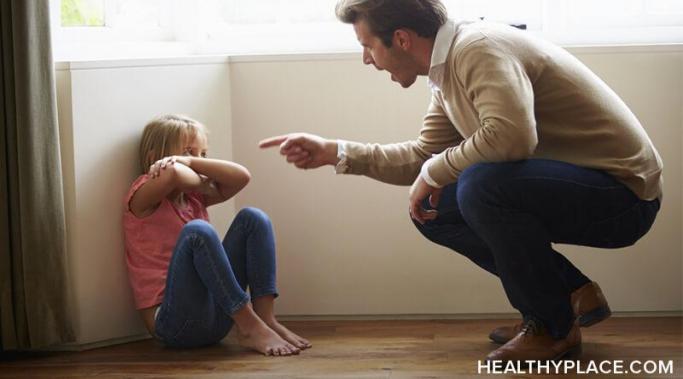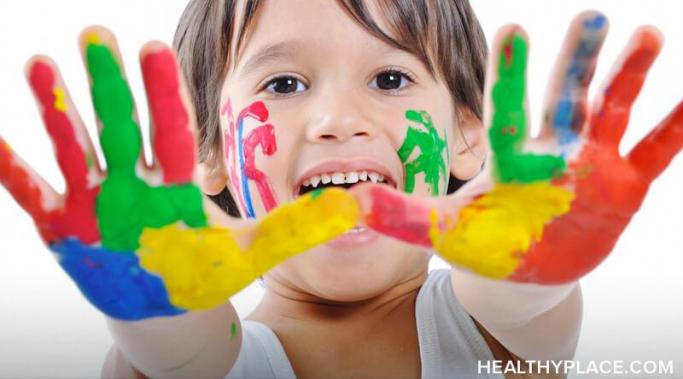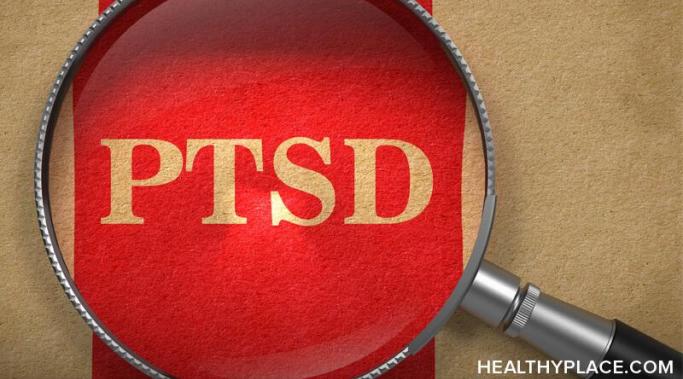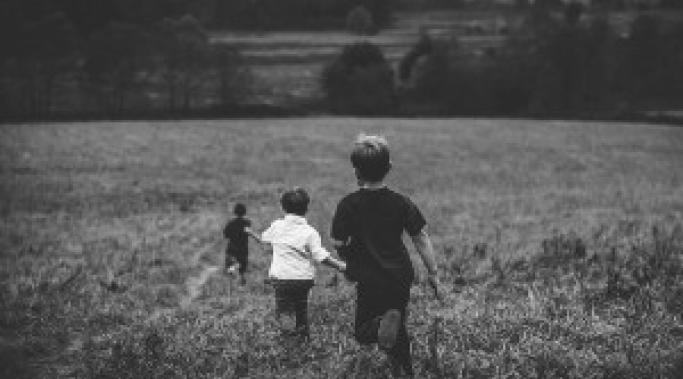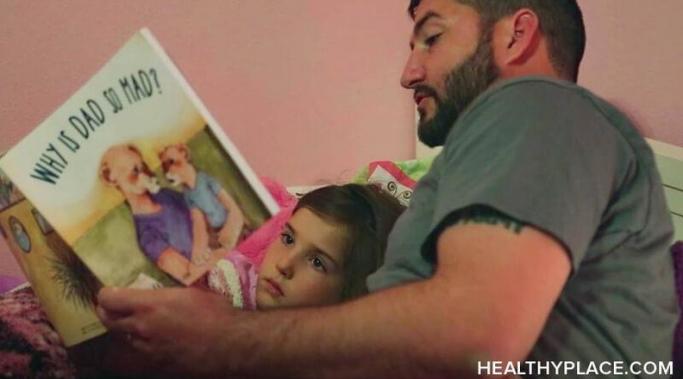Parenting is tough in general, but when you are raising children while living with complex PTSD, sometimes parenting seems impossible. Often trauma survivors hold themselves to a higher standard when it comes to parenting in an attempt to avoid repeating the abusive patterns of prior generations, or the opposite may happen. When you are stressed as a parent, you may overreact and be unfairly harsh with your children. As trauma survivors, it's important to stay mindful in order to avoid passing your traumas on to your kids.
Parenting with PTSD
There are barriers to recovery from posttraumatic stress disorder (PTSD). Mental illness recovery often begins as an uphill battle. It doesn't help that aside from difficult symptoms, those of us living with one or more mental illness also have to combat stigma and wide-spread misinformation--all while navigating a mental healthcare system that often favors the wealthy. Recovery from PTSD is saddled with some very specific barriers. In fact, treatment resistance is actually a symptom of PTSD. If you or a loved one are struggling to recover from trauma, please hold back from judgement. There are reasons for treatment-resistant PTSD behaviors; you or your loved one are not at fault.
Whether or not a person chooses to have kids is highly personal, and the fact that kids can trigger parents with posttraumatic stress disorder (PTSD) doesn't take away from a person's ability to be a good parent. Becoming a parent is life-changing--in ways that are both uniquely rewarding and highly stressful. Each of us should be allowed to make that decision individually, regardless of our trauma history. People with PTSD can make wonderful parents, just like anyone else. Something that many people with PTSD may not consider, however, is that once they become parents, their kids could trigger their PTSD.
Hi, my name is Elizabeth Brico and I’m the new author of Trauma! A PTSD Blog. You can also call me Betty if you prefer. I've been diagnosed with posttraumatic stress disorder (PTSD) for almost a decade. I developed it in response to domestic violence, which occurred when I was a teenager. HealthyPlace has been a long time refuge for me. I've enjoyed reading the various blogs and articles, especially those pertaining to PTSD. You can imagine, then, that I'm thrilled to be joining the team as one of the authors of Trauma! A PTSD Blog.
Living with posttraumatic stress disorder (PTSD) during pregnancy can be scary. Pregnancy can be an overwhelming experience for anyone; for women with posttraumatic stress disorder (PTSD), being pregnant can be joyful, stressful, and even frightening. Additionally, there is not much information to be found on how PTSD symptoms can impact pregnancy, leaving many women with more questions than answers (Effects of Psychiatric Medications During Pregnancy). Understanding your diagnosis and maintaining a strong support system can help counter the uncertainties that come about when you're pregnant and living with PTSD.
When a parent experiences posttraumatic stress disorder (PTSD), it is important to understand the potential impact this can have on the children, including the possibility of secondary-traumatic stress. While children can have negative reactions when a parent suffers from PTSD, they can also thrive and develop unique strengths (A Parent with PTSD Can Affect the Whole Family). Watch as my oldest son offers his unique perspective on growing up when a parent has PTSD.
Posttraumatic stress disorder (PTSD) doesn't only affect the trauma survivor, it affects the whole family--including the children (Can Combat PTSD Get Transmitted to Children From Their Parents?). As a parent with PTSD, I think that it's easy to get caught up in what having it feels like for me, and it's easy to forget that it's also affecting those around me, including my husband and my stepson. My husband also has PTSD, so it's fairly easy for him to deal with my PTSD symptoms because he has them too. But before I started this post, I really stopped and thought about how it is for my stepson and other children who have parents with PTSD.
